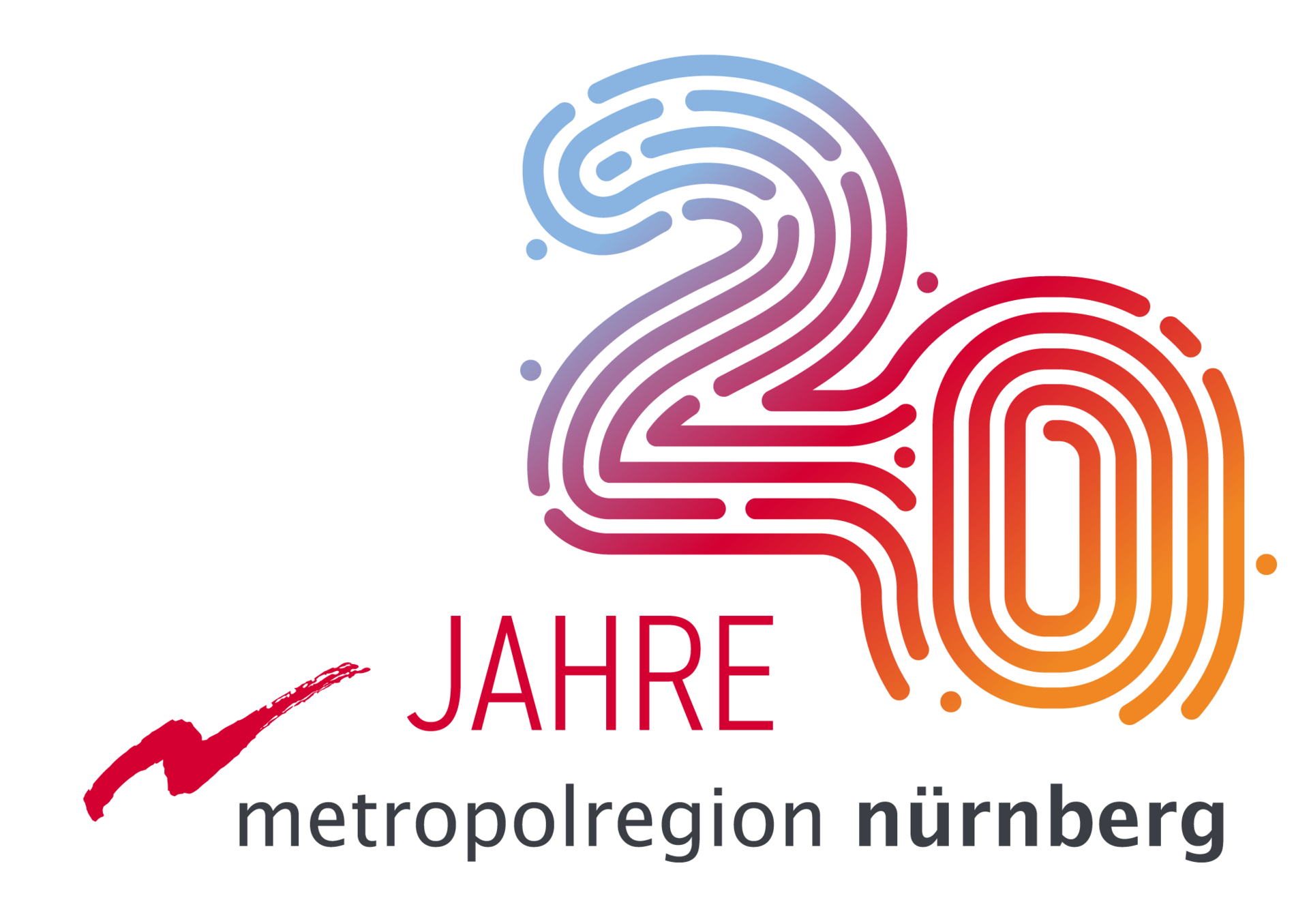Quantum computing meets quantum chemistry: AI-supported processes improve molecular research
The KID-QC^2 lighthouse project overcomes the limits of quantum chemistry through the clever combination of AI and quantum algorithms and can thus maximise the performance of quantum computers.
The Fraunhofer Institute for Integrated Circuits IIS, together with the University of Augsburg, is launching the KID-QC^2 lighthouse project as part of the Munich Quantum Valley. The aim of the project is to increase the performance of quantum computers by researching artificial intelligence (AI) methods. Using the example of the simulation and prediction of properties and reactions of quantum chemical molecular interactions, the utilisation of quantum hardware is to be investigated and optimally exploited.
Quantum chemistry works at the interface between physics and chemistry and focusses on molecular systems, i.e. it describes molecules and their reactivity. The use of quantum computers promises faster and more accurate results for certain calculation problems, e.g. in the simulation of molecular reactions.
AI supports quantum computing
AI methods are particularly suitable when precise mathematical modelling is difficult or impossible for simulation processes or predictions, but the generation of data can be carried out with little effort. This is where the KID-QC^2 project (AI-supported design for scalable, efficient and highly structured quantum circuits for quantum chemistry) comes in using artificial intelligence methods. In collaboration with the Chair of Quantum Algorithmics at the University of Augsburg, the experts at Fraunhofer IIS will research the use of AI methods that automate and optimise the design of quantum circuits - i.e. the temporal sequences of elementary quantum computing operations - for quantum chemical calculations of special applications and hardware platforms.
"Thanks to Prof Dr Jakob Kottmann from the University of Augsburg, the KID-QC^2 project gives us the opportunity to work together with an expert in the field of quantum algorithms for chemical applications. This enables us to further develop our AI-supported tools specifically for these applications. This paves the way for us to be able to carry out calculations more precisely using quantum computers, for example," says Dr Daniel Scherer, Senior Scientist and Programme Manager for Quantum Computing at Fraunhofer IIS.
The combination of AI and quantum algorithms makes it work
Until now, the calculation and simulation of these quantum chemical systems has relied on a variety of classical calculation methods. However, with the increasing complexity and growing correlations of molecular systems, these classical calculation methods are reaching their limits. Calculation methods that utilise quantum computers can offer a solution here.
In order to make optimum use of quantum hardware for research into chemical-physical systems, major optimisation problems often have to be solved. This means, for example, that problems arise when converting a description of a calculation operation into a sequence of instructions that can be executed on a quantum computer, which can falsify the calculation result. Currently available quantum computers still have significant limitations. They do not yet allow the use of quantum computing-based calculation methods for quantum chemical problems, e.g. for the reaction of a hydrogen molecule in a chemical process, on a large scale. On the one hand, the number of qubits available is limited and, on the other, only a few elementary quantum computing operations can be carried out due to the error-prone quantum hardware. Although "handmade" solution methods have already been developed, they often do not offer the optimal solution due to the time-consuming and error-prone procedure. In addition, they are difficult to adapt to the characteristics of the respective hardware, such as computing capacity, calculation sequence or complexity.
About the project
The KID-QC^2 project is funded with 1.03 million euros as a lighthouse project of the Munich Quantum Valley by the Bavarian State Ministry of Economic Affairs, Regional Development and Energy and runs until the end of 2026. Fraunhofer IIS leads this consortium and contributes its expertise in AI methods and the development of software tools for quantum computers. The Chair of Quantum Algorithmics at the University of Augsburg is contributing innovative quantum algorithmic methods for quantum chemical calculations.



